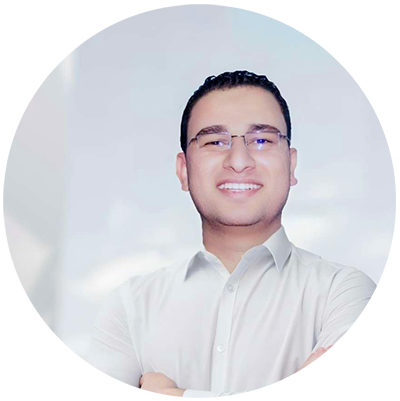
Translation Quality: Striking a Balance Between Aspiration and Reality
Translation quality stands as a paramount concern for every translator, whether they are embarking on their professional journey or have accumulated a lifetime of experience in the field. This commitment to quality applies equally to written and spoken translation. But who determines the quality of a translation and sets the standards? Is it the translator themselves or the recipient of the translated work?
Many translators tend to approach the concept of quality with a degree of exaggeration. Some fervently pursue it, vigorously defend it, and passionately scrutinize anything that might even remotely compromise the quality of the translation. Automated translation, in all its variations and diverse software applications, frequently faces harsh criticism and relentless attacks. This is often driven by what can be described as the “illusion of perfection” or the relentless “pursuit of excellence.” It is universally acknowledged that achieving absolute perfection is an unattainable feat for any human endeavor. Perfection resides in the realm of the divine, and it is equally recognized that human efforts, regardless of their significance, are never free from flaws and imperfections.
The pursuit of perfection, or the quest for excellence in any endeavor, involves establishing precise and lofty standards that are often challenging or nearly impossible to reach. Consequently, anything falling short of these standards is deemed unacceptable. There is no doubt that aspiring to attain the highest standards of quality is commendable. However, it is crucial to acknowledge that reaching such heights is not always necessary. Moreover, it is vital not to impose these standards on others when they may not align with their specific requirements.
Translation Quality Criteria
This leads us to a pivotal question: What precisely defines the desired quality, and what criteria should be used to determine it? Is there a minimum threshold for quality that should never be compromised in translation?
One definition of quality entails achieving a high level of excellence and value. Quality serves as a reliable benchmark against which an accomplishment distinguishes itself from others in the same environment and domain. It is characterized by the complete absence of any defects open to criticism. Achieving this is a matter of adhering to a set of rules, laws, and measurable quality criteria, all designed to guarantee the satisfaction of the consumer, client, or user. To be considered as having met the standards of quality, the presence of defects in a product should equal zero.
In many cases, it is the client or the recipient of translation services who sets the quality standard. Some clients may not necessitate a highly professional, top-tier translation; instead, they seek comprehension of a specific text. Their intention may not be to publish it in a scholarly journal but rather to utilize it for personal needs.
Numerous studies indicate that the global community of translators, spanning all languages, falls short of meeting the ever-increasing demand for translated materials. This explains the widespread enthusiasm for machine translation programs. Furthermore, the number of translators capable of achieving the exacting standards advocated by the “perfectionists” is notably limited.
Hence, it is imperative to establish a minimum quality threshold and standards that translation and translators should not compromise. Rather than becoming fixated on unrealistic ideals, our primary focus should be ensuring the recipient’s comprehension of the translated text and delivering a product devoid of defects and errors. This will be the topic of our forthcoming article, where we will delve into translation quality standards and their minimum requirements.
Nevertheless, we must introspect and ask ourselves: Have we, as translators, fallen into the trap of perfectionism and the illusion of flawlessness, thereby deviating from the essential realm of pragmatism?
Know more: About me – my resume – my portfolio – contact me.
